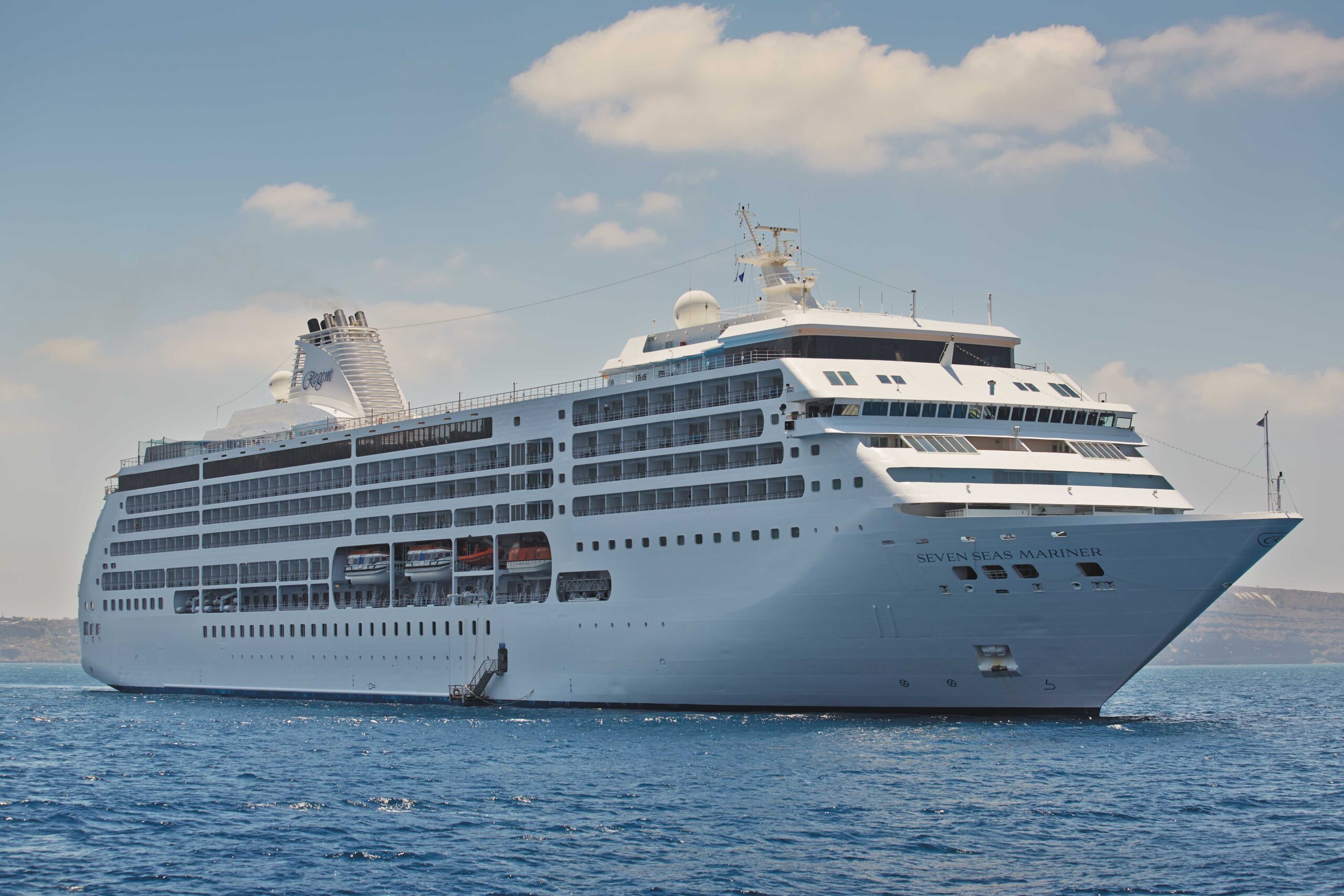Chinese Foreign Minister Wang Yi said that China ‘will not participate’ in an arbitration case lodged by the Philippines questioning the legality of China’s massive claim in the West Philippine Sea (South China Sea), just hours after the Philippines asked China to respect the case.
Wang claimed that China is abiding the international law by rejecting the Philippines’ request for arbitration.
“Well, there is some commentary that China has not accepted the Philippines’ request for mandatory arbitration, therefore China does not abide by international law. But let me say to you, the truth is opposite.” Wang said. “China actually abides to international law by rejecting the Philippines’ request for arbitration.”
In addition, Chinese Foreign Ministry Spokesperson Hong Lei defended the stand of China. “China has adequate international legal evidence to not accept nor participate in the South China Sea arbitration case lodged by the Philippines. This stance is clear and consistent. The essence of the China-Philippines dispute over the South China Sea is the dispute over territorial sovereignty and marine demarcation.”
Earlier, outgoing Philippine Foreign Secretary Albert del Rosario pointed out that the international community, including the Philippines, is ‘asking China to respect’ the upcoming ruling on the arbitration case lodged in The Hague.
“As we presume to be responsible states, the Philippines, as well as the international community, are asking China to respect the forthcoming ruling of the arbitral tribunal and together, advance an international rules-based regime.” Del Rosario said, “If China does not heed our collective call, does it mean that China considers itself above the law?”
The Philippines’ top diplomat added, “We have had countless meetings with China to try to address the issue between the two of us to no avail. We have invited China many times to join us in arbitration as early as 2012, again to no avail.”
The statement came after Wang, on a visit to the US on Feb. 25, criticized the Philippines’ case and accused the Philippines of “political provocation” in seeking arbitration to resolve dispute. Wang made the accusation in a speech for the Washington-based think tank Center for Strategic and International Studies (CSIS).
Arbitration case vs. what China invokes
According to del Rosario, the tribunal’s final ruling was expected before May, following the Philippines filing of the case against China before the Permanent Court of Arbitration in The Hague last January 2013.
Meanwhile, Wang rejects the tribunal’s jurisdiction and insists that the Philippines is the one not abiding by the international law by citing a declaration China made on Aug. 25, 2006.
In the said declaration, China pointed out that under the United Nations Convention on the Law of the Sea (UNCLOS), it “does not accept” arbitral jurisdiction over certain disputes.
In a Rappler report, Philippine Supreme Court Associate Justice Antonio Carpio defended the case of the Philippines saying, “It has everything to do about the right of Filipino fishermen to fish in the West Philippine Sea. The Philippines claims China is violating this right every time it drives away Filipino fishermen there.”
The Philippine Department of Foreign Affairs had previously explained that settling the jurisdiction question would pave the way for the Philippines’ legal assertions against China by declaring China’s nine-dash line illegal.
The nine-dash line is China’s distinguishing claim over the South China Sea. Moreover, China refuses to recognize the case lodged by the Philippines with the tribunal and says all disputes should be resolved through bilateral talks.
While the Philippines awaits the final ruling, recent reports showed the continuous activities of China in the disputed area, such as deployment of missiles, fighter jets, and radar installations, which the latter justified as ‘absolutely necessary.’
China claims almost the entire South China Sea, believed to have huge deposits of oil and gas. Apart from the Philippines, Brunei, Malaysia, Taiwan and Vietnam also have claims on the waters, through which about US$5 trillion in trade is shipped every year.
ASEAN ministers concerned over dispute
After a regular meeting of the foreign ministers in Laos on Feb. 27, members of the Association
of Southeast Asian nations (ASEAN) expressed serious concerns over the growing international tensions.
“Ministers remained seriously concerned over recent and ongoing developments. Land reclamation and escalating activity has increased tensions and could undermine peace, security and stability in the region,” the ASEAN said in a statement.
The US urged Chinese President Xi Jinping to prevent the militarization of the region. Recently, the US criticized China’s building of artificial islands and facilities and has sailed warship close to the disputed area to assert the right for freedom of navigation.
Vietnam likewise echoed the US and accused China of violating its sovereignty with the missile deployment.
“We call for non-militarization in the South China Sea,” Deputy Prime Minister and Foreign Minister Pham Binh Minh was quoted in a Reuters report.
Cambodian Minister Hor Namhong said that the ASEAN agreed to seek a meeting between China and ASEAN’s foreign ministers to discuss the South China Sea and other issues.
According to a Reuters report, China’s maritime claims are ASEAN’s most contentious issue, as its members struggle to balance mutual support with their growing economic relations with China, which is the biggest trade partner for many ASEAN nations.
By VIA BAROMA

China to pass on sea dispute arbitration case
Published on March 6, 2016
This post was last updated on March 26th, 2020 at 03:00 pm







